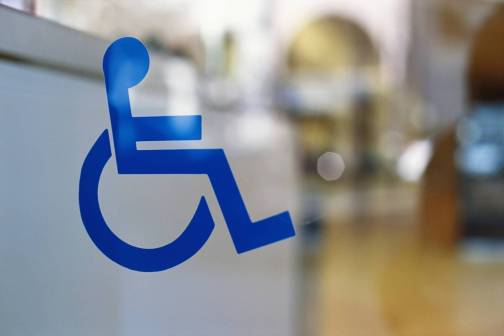DOJ issues final web and app accessibility rules for state, local governments

The U.S. Department of Justice on Monday issued final accessibility rules for the web content and mobile applications of state and local governments, aiming to ensure all digital services are fully compliant with the Americans with Disabilities Act.
The new rules seek to close a gap in the ADA. While the 1990 landmark accessibility law sets requirements related to physical sites, it contains no explicit mandate for the accessibility of digital content. While some states have worked ahead of the federal rules and implemented accessible solutions for websites and apps, the DOJ’s rules add a new subpart to the Title II ADA regulation, which outlines the technical requirements of compliance with the ADA on the web.
The technical standards rely on the Web Content Accessibility Guidelines guidelines, which were published by the Web Accessibility Initiative of the World Wide Web Consortium in 2018 and are a leading standard for web accessibility.
Entities affected by the new rules include all state and local government agencies and special purpose districts such as school, water and transportation authorities. Agencies that are contracted by state or local governments to provide public services, such as nonprofits that run programs on behalf of government agencies, will also be required to follow the digital accessibility rules.
“Often … State and local government entities’ web- and mobile app-based services are not designed or built accessibly and as a result are not equally available to individuals with disabilities,” the final rules read. “Just as stairs can exclude people who use wheelchairs from accessing government buildings, inaccessible web content and mobile apps can exclude people with a range of disabilities from accessing government services.”
One of the new rules is designed to ensure that apps and websites allow blind and low-vision people access to information about public transportation. Another rule enables those who are deaf or hard of hearing to participate in university lectures online. Another requires that individuals with manual disabilities — that could affect the ability to use a computer mouse — can access web information about voter registration.
Some attempts to legislate web accessibility have faltered in recent years. In 2022, Sen. Tammy Duckworth, D-Ill., introduced a bill called the Websites and Software Applications Accessibility Act, which would have required employers, public entities and public accommodations that offer goods or services to have accessible websites even if they’re only online. The bill was reintroduced in 2023, but no actions have been taken this season.
After the new rules are published in the Federal Register, localities with a population of more than 50,000 will have two years to ensure their websites and digital offerings are compliant. Areas with smaller populations will have three years to comply.






